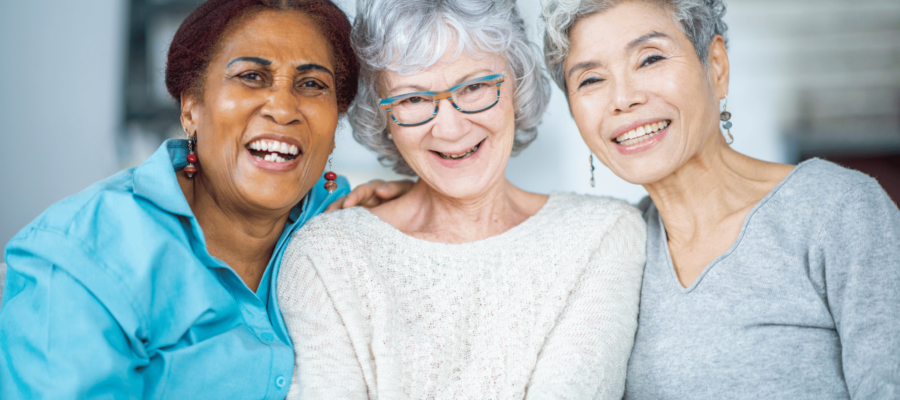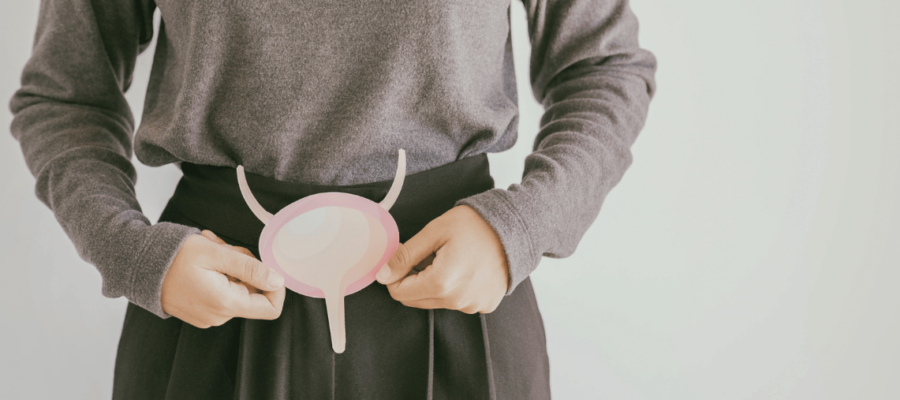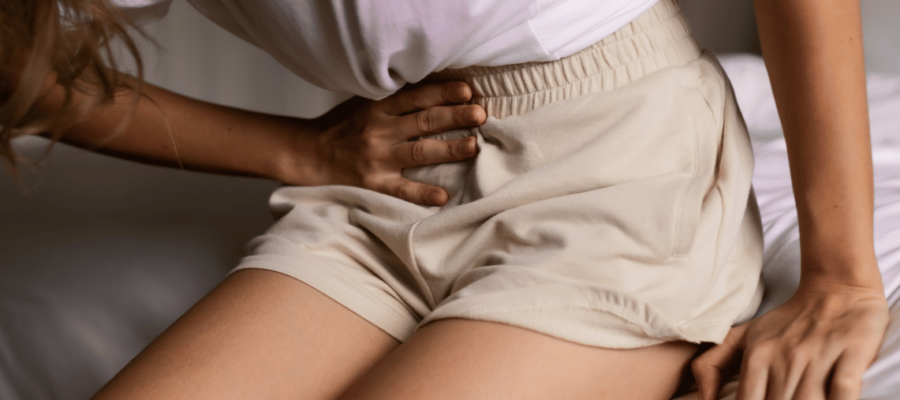What is an overactive bladder?
Do you need to urinate very often? And is the urge sometimes so strong that you lose urine? You may have an overactive bladder. The good news: there is usually something that can be done about it.
Need to urinate very often. Sometimes a little urine loss and maybe also constipation and pain during sex: these are all symptoms of an overactive bladder. Both men and women can suffer from this.
This means that the control of the bladder is largely unconscious and therefore difficult to influence. In The Netherlands, a research facility with a particularly strong MRI scanner can conduct microscopic detailed research into the areas in the brain that control the autonomic nervous system and the functioning of the bladder.
The bladder is extra irritable
Normally you pee about once every 3 to 4 hours. When your bladder is filled with 150 to 200 milliliters, you have the urge to urinate. This is not the case with an overactive bladder. An overactive bladder is a form of urinary incontinence in which the bladder is extra irritable. The bladder already tightens when it is not yet completely full and your brain also receives a signal that you have to urinate. The consequence? You often suddenly need to go to the toilet, even at night. You can therefore usually not decide when and how often you want to urinate. And you can also suffer from moderate to severe urine loss because the urge is simply too great. Characteristic of an overactive bladder is therefore the uncontrolled contraction of the bladder muscle or the feeling of having it. This can be accompanied by involuntary loss of urine (urge incontinence or urge incontinence), but it does not have to be.
Risk Factors for Overactive Bladder
As you get older, the chance that the bladder will tighten too quickly also increases. It’s not necessarily a “normal” part of aging, but menopause and an enlarged prostate do increase the likelihood of bladder control problems. Other risk factors for overactive bladder include:
If – as a precaution – you go to the toilet extra often. Your bladder is then no longer used to holding your urine, making this increasingly difficult.
If you constantly keep your pelvic floor muscles tensed. This often goes unnoticed and puts pressure on the bladder.
If you drink a lot of coffee or other caffeinated drinks (tea, cola, energy drinks). In some people, caffeine irritates the bladder, prompting you to take it sooner.
When using diuretics and medicines for depression or psychosis.
In case of irritation of the bladder, for example after a bladder infection, radiation or because of bladder stones.
After an operation in the small pelvis (for example, an operation against urine loss with exertion).
During pregnancy and after childbirth.
Overweight, constipation and lack of physical activity also increase the risk of an overactive bladder.
















